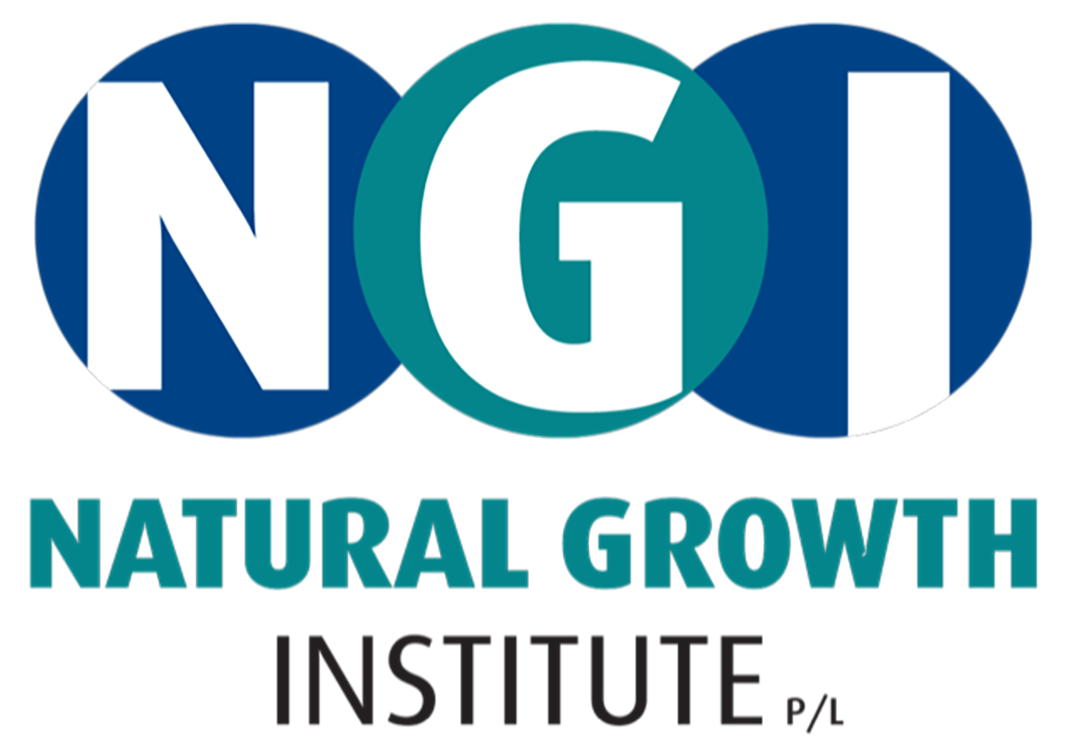Should I Fertilise Australian Native Plants?
Share

 The Unique Needs of Australian Native Plants
The Unique Needs of Australian Native Plants
Australian natives, such as grevilleas, banksias, and kangaroo paws, often have proteoid roots, which are specially adapted to extract nutrients from poor soils. However, these roots can also absorb excessive nutrients (especially phosphorus) to toxic levels, making it essential to use low-phosphorus products.
Why Fertilise Natives?
All plants need a balance of nitrogen (N), phosphorus (P), and potassium (K) for healthy growth. Fertilising natives is not only safe when done properly, but it can also result in:
- Stronger, healthier growth
- More vibrant flowers
- Improved resilience to pests, diseases, and environmental stresses
What is the best fertiliser for Australian Natives? The key is choosing a product that is natural with a balanced nutrient profile, moderate phosphorus (P) and ideally plenty of micronutrients, like UGF6in1 with NPK of 9:2:6.
 Is UGF6in1 Safe for Australian Natives?
Is UGF6in1 Safe for Australian Natives?
UGF6in1 is an excellent choice for natives, thanks to its moderate phosphorus content and broad range of micro-nutrients.
Why Choose UGF6in1?
- Safe for Natives: With a moderate 2% phosphorus, it’s ideal for even sensitive species like banksias and grevilleas.
- Comprehensive Nutrition: UGF6in1 includes nitrogen (N), potassium (K), and a plethora of micronutrients to support overall plant health, resilience and flowering.
How to Use UGF6in1?
- Start with a soil drench: Best to apply to soil that is already moist. Dilute UGF6in1 with water (1:100) and apply around the root zone before and/or during planting or early growth stages.
- Follow up with foliar feeding: Spray the leaves (including the undersides) every 2-3 weeks during active growth. Ideally regularly drench the root zone a little too.
- Water in? Because UGF6in1 is natural, it's generally best to leave on foliage so that stomata can absorb the valuable nutrients.
 Is Humus Powder & ViAGrow Safe for Australian Natives?
Is Humus Powder & ViAGrow Safe for Australian Natives?
While Humus Powder and ViAGrow Granules may not be considered fertilisers (in the normal sense ie high in NPK), they are biostimulants & soil amendment products that improve soil health and nutrient availability. If your soil is poor or sandy, these products can help natives thrive by creating a more supportive environment for growth.
Benefits of Humus Powder & ViAGrow:
- Humus Powder: Boosts soil organics and supports soil microbiology. This can be beneficial for both nutrient-poor and challenging soils.
- ViAGrow Granules: Provides a slow-release boost to soil microbes and nutrients over time which natives benefit from. Contains plenty of trace elements and rare earths.
- Both Humus Powder & ViAGrow enhance native resilience to environmental stresses.
When choosing what to apply, whether it’s Humus Powder, ViAGrow or another soil amendment product, we recommend starting with small split trials to see what works best for your plants and soil, as different soils and native species may respond differently.
Practical Tips for Growing Natives
- Choose the Right Spot: Many natives thrive in well-drained soil and full sun. Mimic their natural habitat as closely as possible or chose the right native for your environment.
- Water Wisely: A common myth is Australian Natives don’t need watering. While natives are drought-tolerant, young plants need consistent watering until established. Dependent on your soil type and plant, some more established plants might benefit from more watering than others e.g. sandy soil
- Prune Regularly: Pruning encourages bushier growth and more flowers. Prune after flowering for best results.
- Fertilise Smartly: Use low-phosphorus products like UGF and apply in spring or early summer before and during active growth for best results.
- Mulch: Mulching will help stimulate natural growing conditions and promote health. Avoid mulching too thick (less than 75mm) to avoid deoxygenation and apply mid-spring early summer. The best mulch to use will depend on the climate, the type of plant and the region where the plants grow so do a little research before you apply.
 Why Invest in Healthy Soil for Natives?
Why Invest in Healthy Soil for Natives?
Healthy soil is the foundation of any thriving garden. Products like Humus Powder or ViAGrow Granules improve soil structure and microbial activity, while UGF6in1 provides a healthy balance of nutrients your plants need to flourish. They can help even the most challenging soils support vibrant native plants. If you’re only considering one product for all your plant needs choose a product with a broad range of nutrients and moderate phosphorus levels like UGF6in1.
With a bit of care and the right products, your Australian natives can be the stars of your garden—offering beauty, resilience and vital support to local biodiversity.
If you are looking to learn more about Australian Natives, the Australian Native Plant Society (ANPSA) website is a fantastic resource for all things native gardening. You can even join the your local society for a wealth of expert knowledge and tips.


